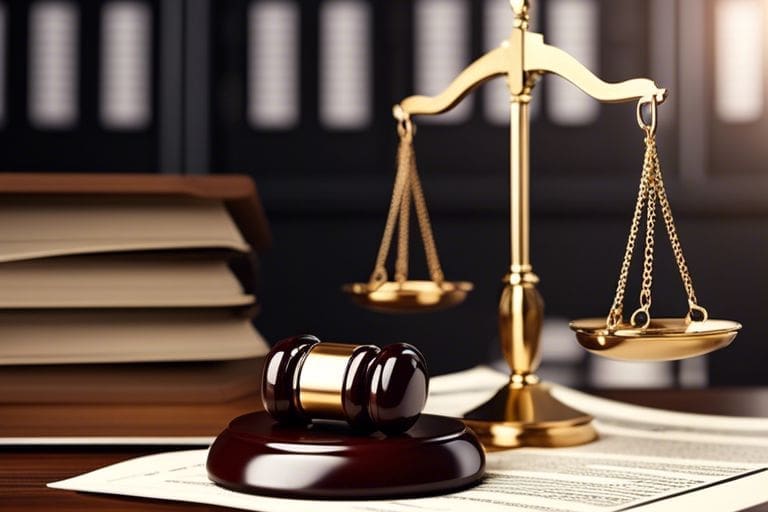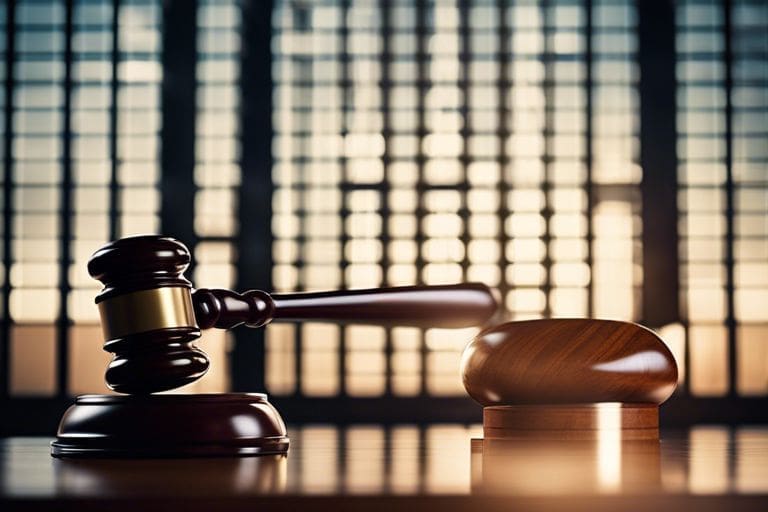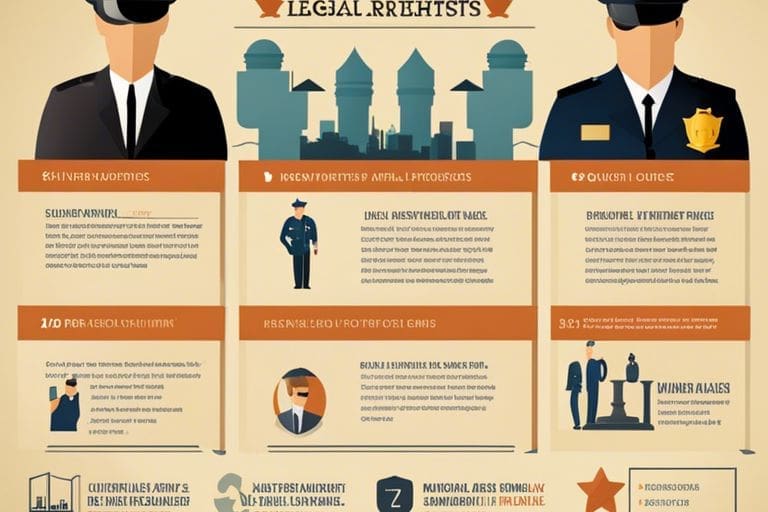Bail Bond

The Bail Bond System: Understanding Its Mechanics and Legal Implications
The bail bond system plays a crucial role in the criminal justice process, providing a means for individuals accused of a crime to remain free while awaiting trial. Understanding this system is essential for navigating legal challenges that arise after an arrest.
Bail is a financial arrangement that a bail bond company makes on behalf of the accused. In exchange for the release of the defendant from jail, the company guarantees payment of the full bail amount if the defendant fails to appear in court. This system ensures that the defendant can prepare for trial outside of custody while providing a financial incentive to return to court.
The cost of a bail bond typically includes a non-refundable fee, usually a percentage of the total bail amount set by the court. This fee compensates the bail bond company for the risk they undertake. Factors influencing bail amounts include the severity of the crime, the defendant’s criminal history, and their likelihood of fleeing.
Understanding the responsibilities and obligations that come with a bail bond is vital. When someone signs a bail bond contract, they agree to specific conditions, such as appearing in all court hearings and not engaging in illegal activities. Failure to meet these conditions can result in the revocation of the bail and immediate return to custody.
The bail bond process also involves legal considerations regarding the rights of the accused. The Eighth Amendment of the U.S. Constitution prohibits excessive bail, ensuring that the amount set is not punitive but rather sufficient to guarantee the defendant’s return to court.
For those unable to afford bail, options such as personal recognizance release or seeking a bail reduction in court are available. These alternatives depend on various factors, including the nature of the offense and community ties.
The role of a bail bondsman is critical in this process. They act as a guarantor, pledging money or property as bail for the appearance of the defendant in court. Choosing a reputable and licensed bail bondsman is essential for ensuring a smooth and legally compliant process.
In conclusion, the bail bond system is a complex but vital part of the criminal justice system. Understanding how it works, its costs, legal implications, and the responsibilities it entails is crucial for anyone involved in the process.










